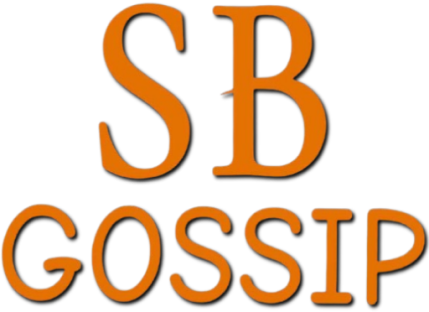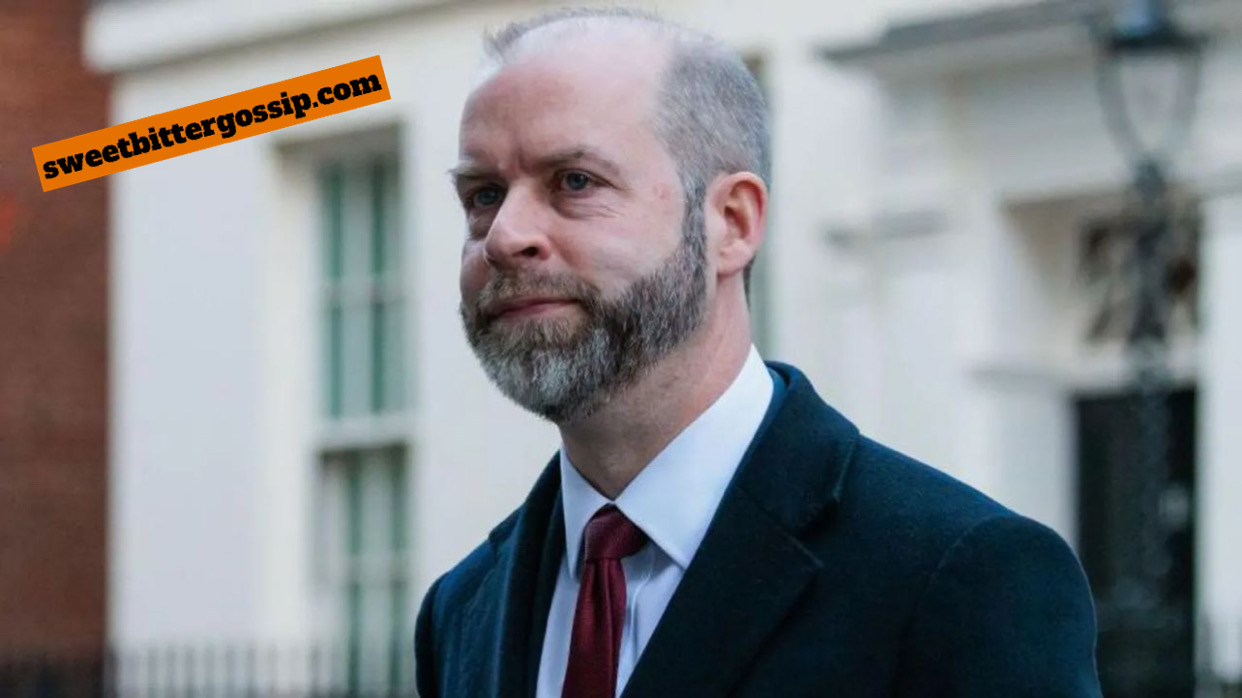The UK is calling for exclusion from the tariffs threatened by former US President Donald Trump on exports to the US, according to Business Secretary Jonathan Reynolds. Speaking to the BBC, Reynolds highlighted that the US has no goods trade deficit with the UK, which would typically justify such tariffs.
At the World Economic Forum, Trump doubled down on his warning to impose large tariffs on countries exporting goods to the US. He told global executives they could either manufacture their products domestically or face tariffs worth hundreds of billions of dollars. This has alarmed world leaders, as it would increase the cost of selling goods in the US, the world’s largest economy.
Reynolds stated that the UK’s trade profile does not warrant punitive measures. “When it comes to manufactured goods, the US does not have a trade deficit with the UK. Since we have a services-based economy, I think we have an argument to engage with,” he said.
Tariffs have been a cornerstone of Trump’s economic policy, used to grow the US economy, protect jobs, and raise tax revenue. However, Trump has also employed tariffs as leverage for broader policy objectives. He has already considered imposing a 10% tariff on Chinese imports, citing concerns about fentanyl—a synthetic opioid he claims is being sent to Mexico and Canada. Similar threats of 25% tariffs were made against Canada and Mexico over immigration and drug issues.
Despite these threats, Trump has hinted at a preference for diplomacy, stating he “would rather not” impose tariffs if a trade deal can be negotiated.
UK-EU Trade Talks Continue Amid Brexit Challenges
While seeking to strengthen trade ties globally, the UK is also exploring ways to improve its relationship with the European Union. Business Secretary Jonathan Reynolds said the UK is open to aligning with EU rules on food and agricultural products to restore frictionless trade. Such a deal would reduce trade barriers in exchange for following EU standards and would not cross the government’s red lines, according to Reynolds.
His remarks came after EU Trade Commissioner Maros Sefcovic suggested a new agreement, including dynamic alignment on standards, could pave the way for closer cooperation on customs. Reynolds described this approach as consistent with the government’s “twin-track strategy” of balancing improved trade terms with the EU while pursuing partnerships worldwide.
“We can improve the terms of trade with the EU without revisiting customs unions, single markets, or the arguments of Brexit,” he said.
Labour has long advocated reducing Brexit-related trade friction, especially for food and farm exports to the EU. During the last general election, the party pledged to lower red tape for exporters while maintaining national sovereignty. However, the scope of any new trade agreement remains uncertain, with critical decisions expected soon.
The potential deal has drawn criticism from the Conservative Party. Shadow Foreign Secretary Dame Priti Patel accused the government of “bending the knee to the EU,” while the Liberal Democrats argued that the government is not doing enough to simplify trade with the bloc.
Despite political tensions, Reynolds expressed optimism about striking a balance that strengthens the UK’s trade links without reopening old Brexit debates.

